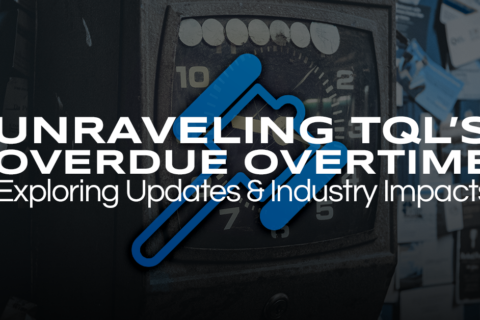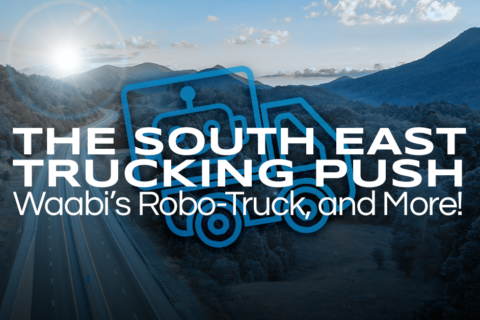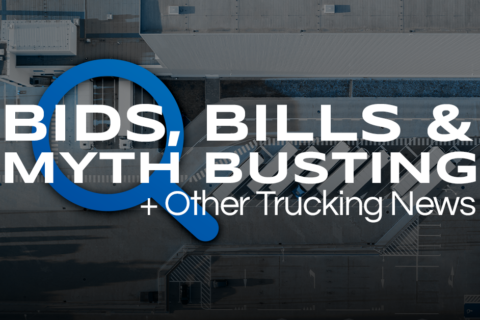Highway to Hydrogen: The $7 Billion Race To A Greener Future
Driving Towards Clean Energy The tides are turning in the U.S. transportation sector. A staggering $7 billion Energy Department program, the Clean Energy Hydrogen Hubs Competition, has pushed zero emission fuel cell trucks to the forefront of the clean energy race. The crux of the program is to diversify the current hydrogen production, which is dominated by natural gas, accounting for approximately 95%. And if you’re wondering about how major gas stakeholders, like ExxonMobil, are responding – they’re already crafting their next steps. The Promise of Hydrogen The Hydrogen Hubs initiative was designed with a clear goal: harness renewable energy and regional resources to slash costs and decarbonize sectors that are challenging to reform. Particularly, the trucking industry is in sight. Though battery-powered electric trucks have made significant advances, some industry experts advocate for hydrogen fuel cell electric trucks. Their appeal? They can refuel in roughly the same duration as filling a diesel tank, all without relying on grid electricity. As for Class 8 trucks, the advantages include a longer range, lesser weight, and reduced spatial footprint compared to battery packs. Spotlight on the Winners Notable among the Hydrogen Hub victors are the leading states acting as hotbeds of transportation and fuel cell truck innovation: California and Texas. California’s celebrated ARCHES project promises a departure from natural gas-derived hydrogen, focusing on green hydrogen and biomass. Meanwhile, other sustainability-centric projects, like the PNW project connecting Washington, Oregon, and Montana, and the MachH2, spanning Illinois, Indiana, and Michigan, are garnering more and more attention. They focus on unique blends of green hydrogen, natural gas, and other alternatives, emphasizing their utility in a variety of sectors. Fuel Cell Leaders Emerge Nikola, a recognizable name in both the U.S.’s electric and fuel cell truck realm, has shown resilience despite a history of challenges. With eyes set on green hydrogen since its inception in 2014, Nikola’s current endeavors include planning and developing several hydrogen fuel stations. Additionally, its recent affiliations with major players such as Bosch, the US Postal Service, and Plug Power hint at an accelerated drive towards green hydrogen fueling. Texas, too, has seen action with the likes of Hyzon testing its liquid hydrogen fuel truck and Quantron hinting at U.S. expansions. Before You Go… The momentum behind hydrogen fuel cell technology and the trucks that come along is undeniable. As traditional energy sources grapple with their place in this shifting landscape, innovative solutions and partnerships emerge, promising a cleaner, more sustainable future. As we part on these notes of hope and a brighter future, we ask that you be sure to check back Friday for our weekly news recap to stay updated and engaged. Don’t forget, it’s your input that drives the conversation forward, and fuels our dream of a better tomorrow. Safe journeys to all! If you made it to this part of the article, we’d just like to take a moment to thank you for taking the time to read this weekly recap. Be safe out there and as always, If you’re in search of CDL A, B, or warehouse positions, check out our open positions. And if you need staffing solutions for commercial driving or industrial positions, be sure to explore our offerings.











Recent Comments